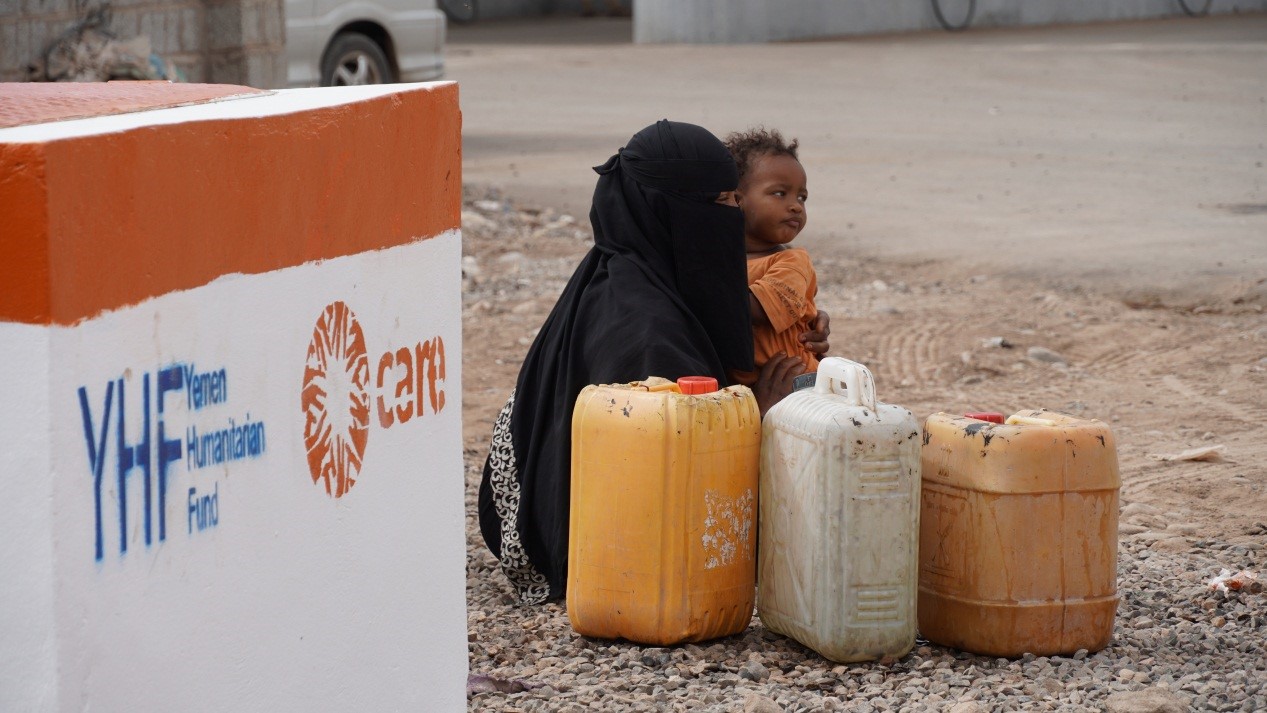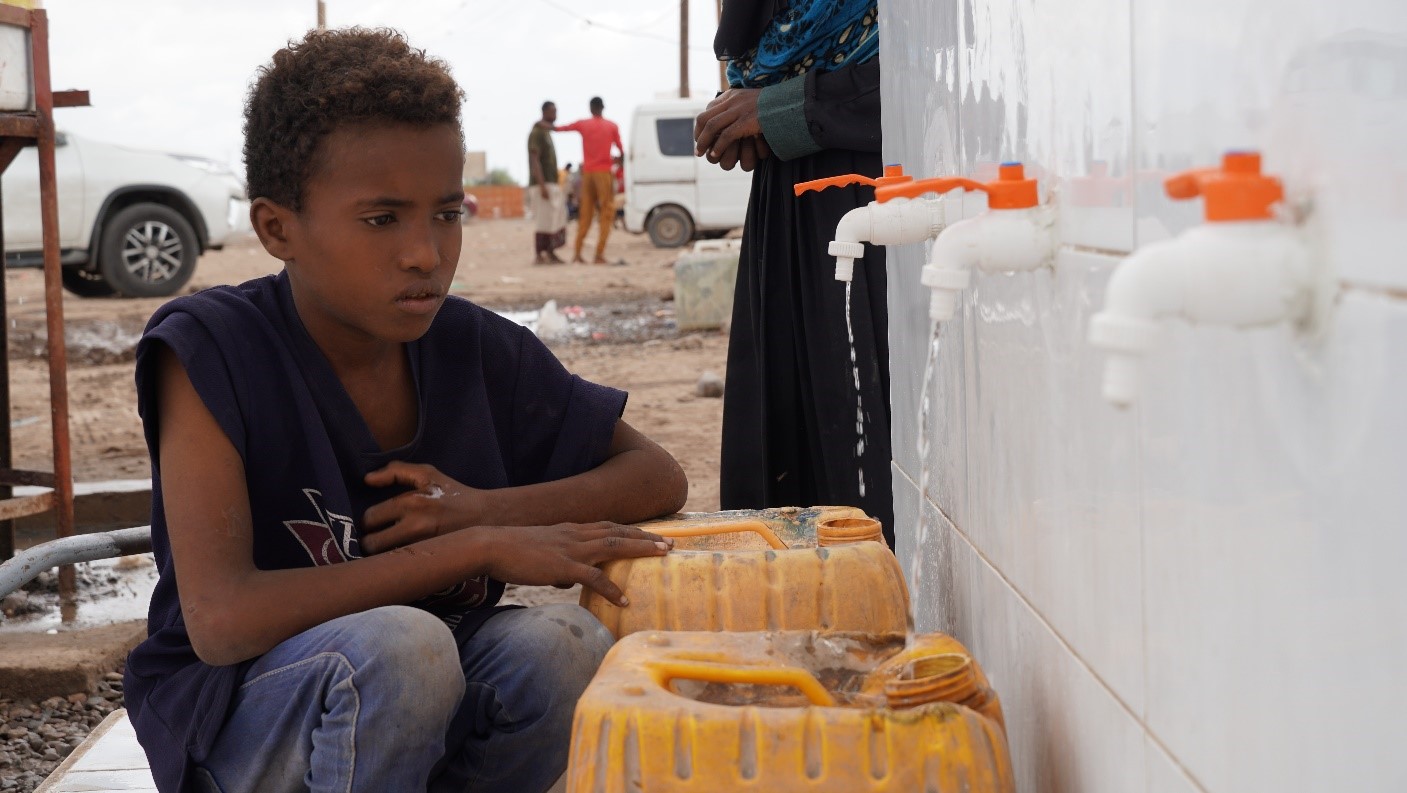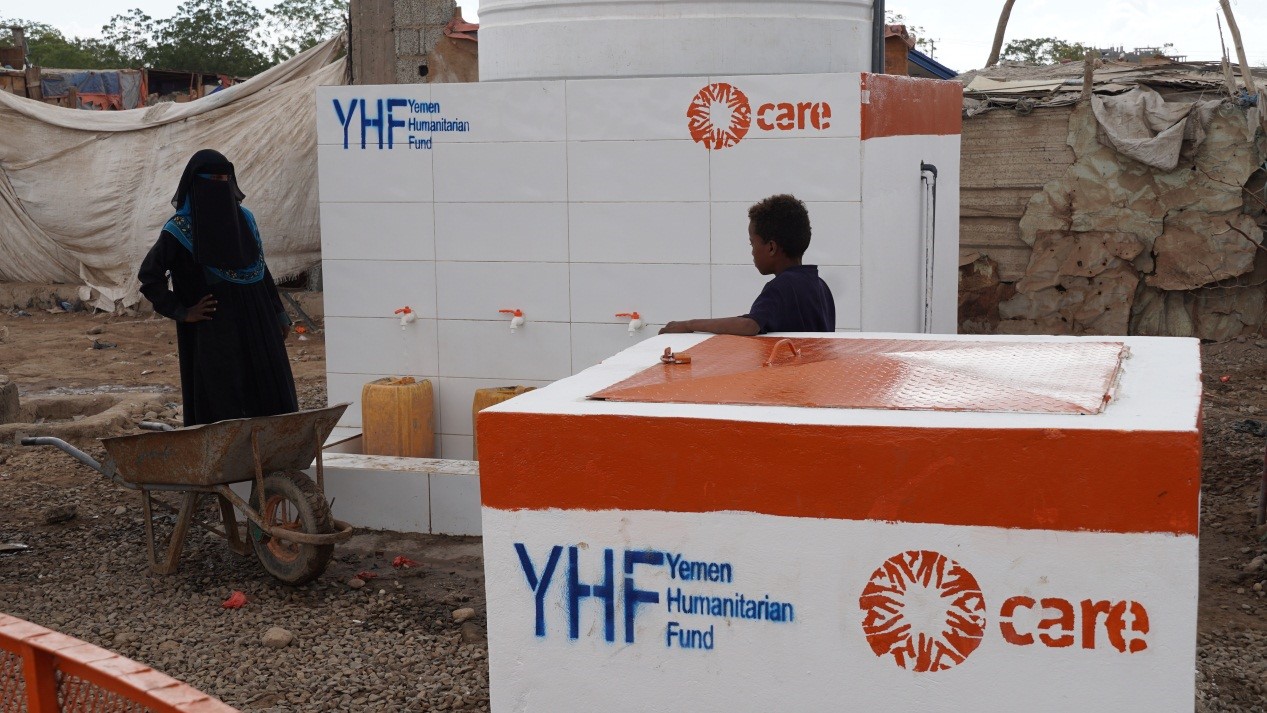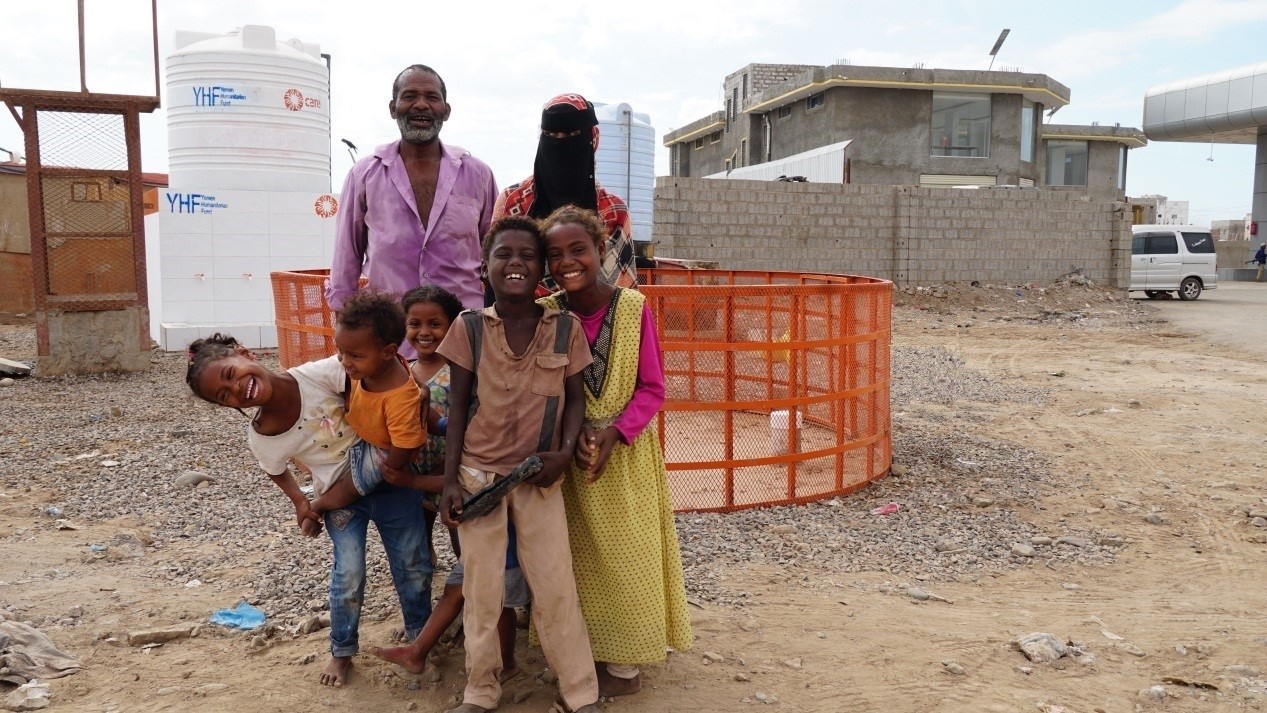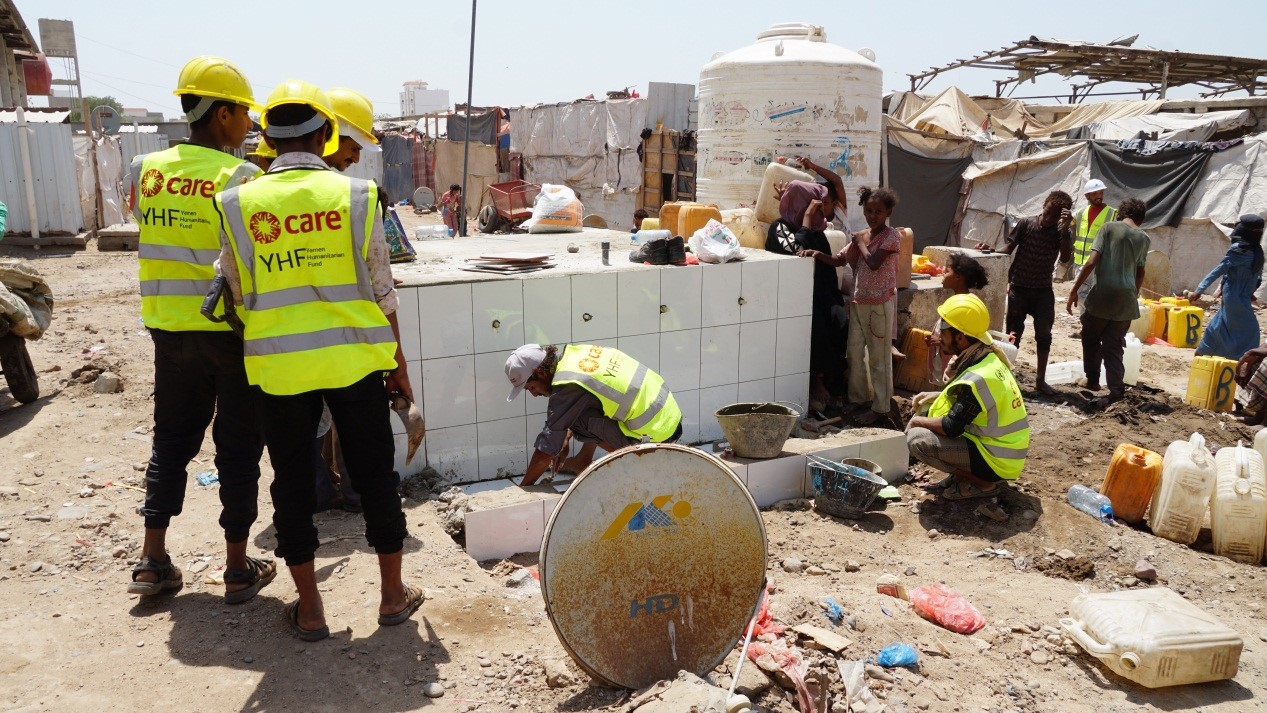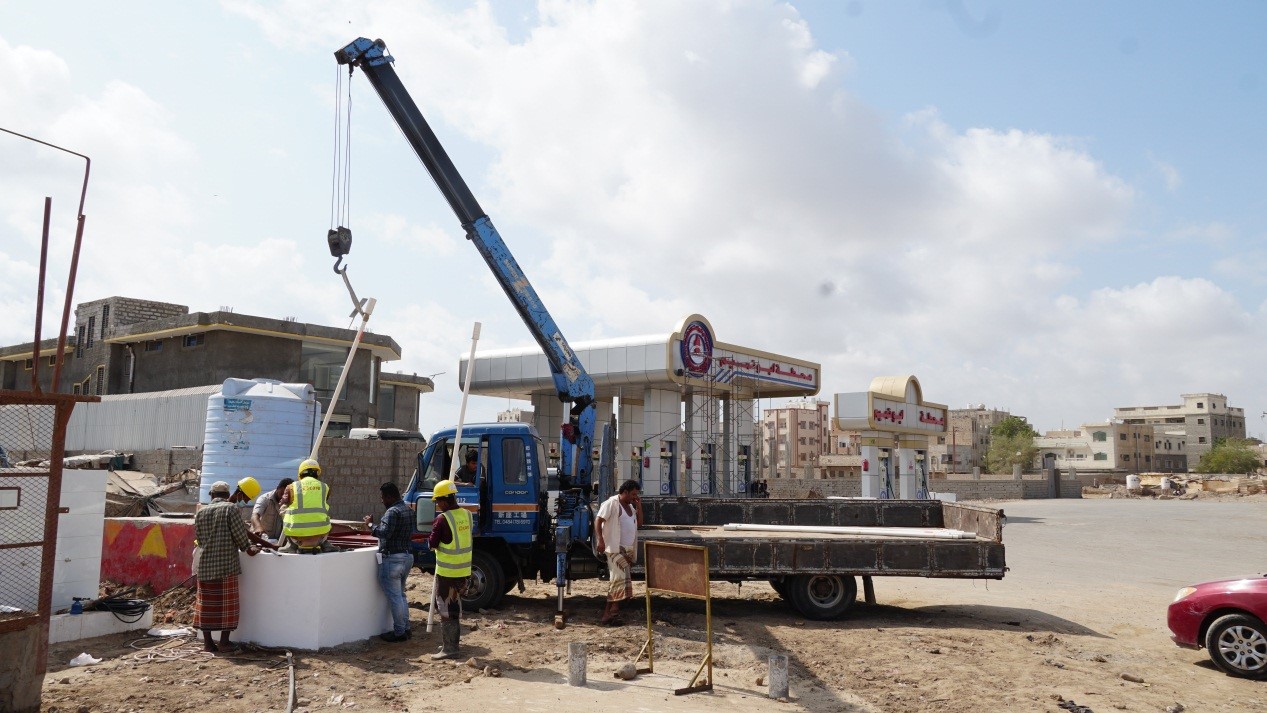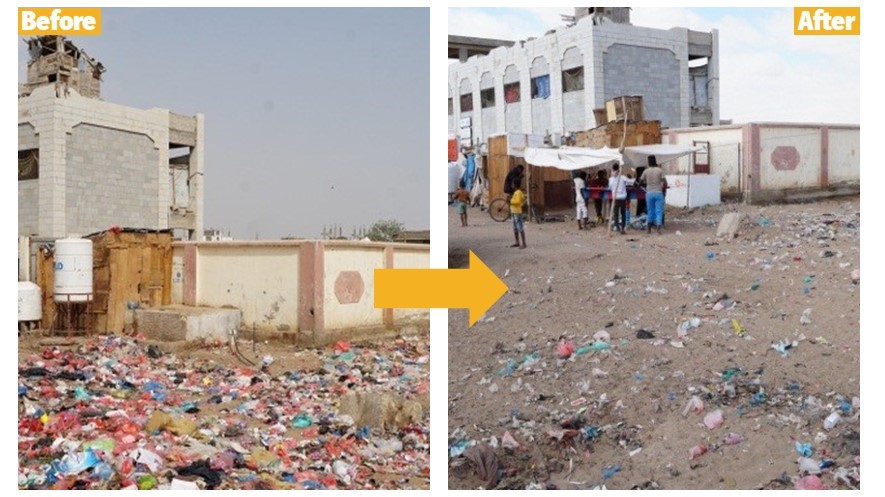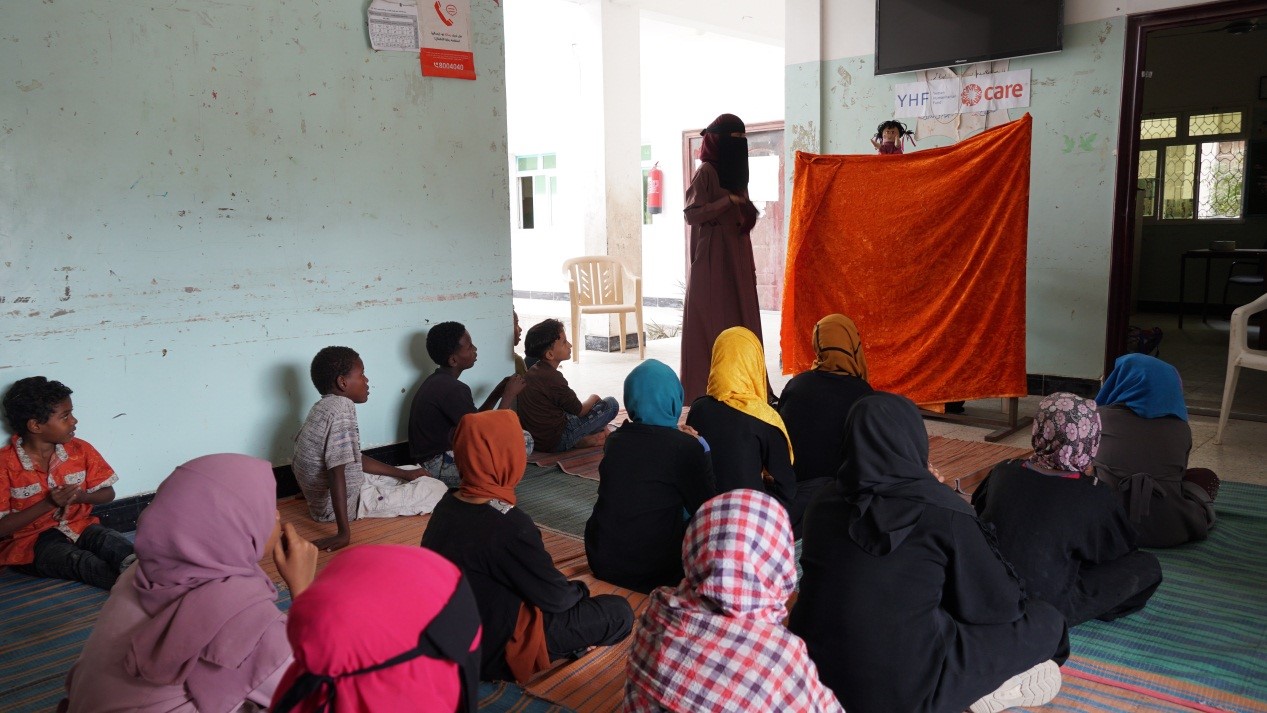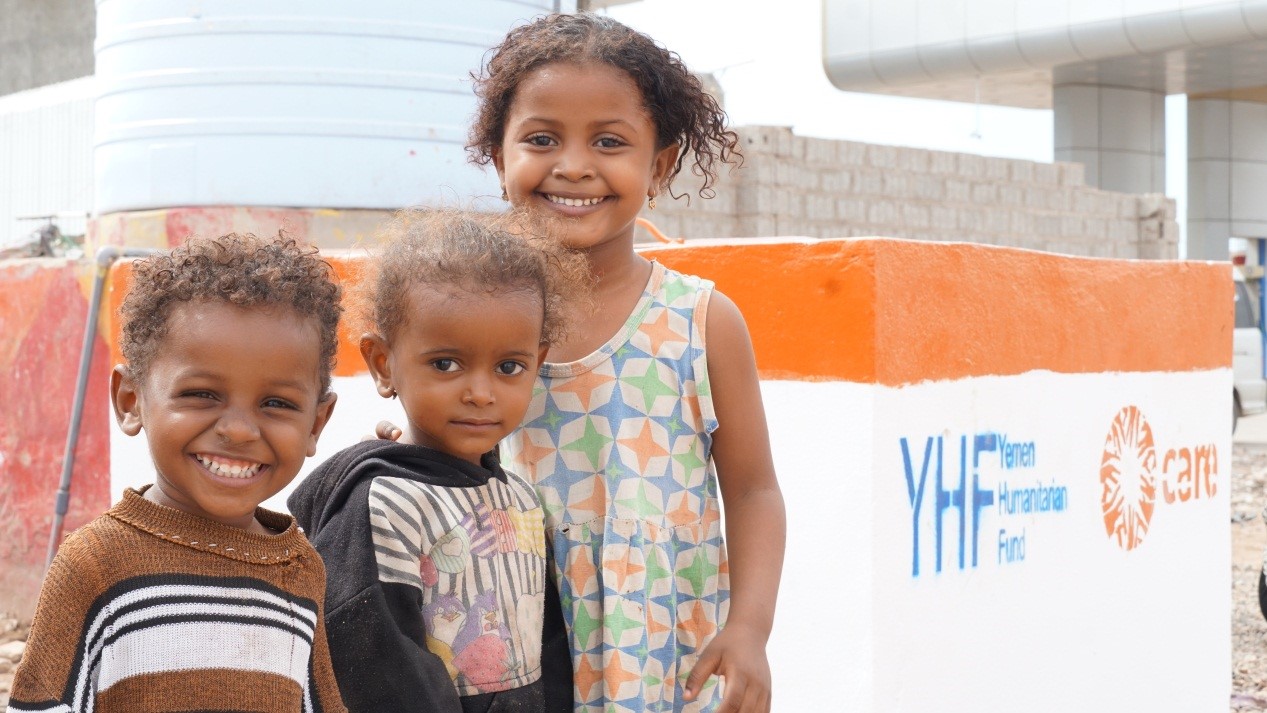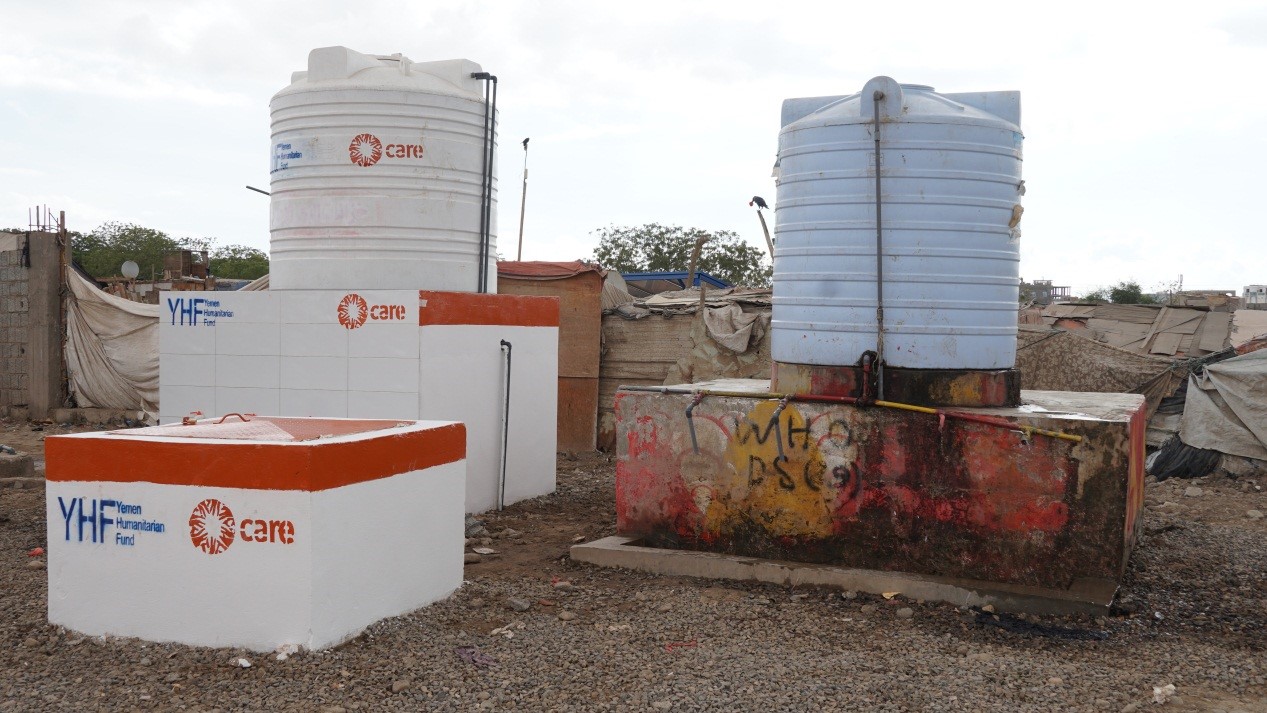Yemen is one of the world’s most water-scarce countries. Water scarcity, along with the impact of the prolonged conflict that has been raging the country since 2015, has left more than half of the population in Yemen – 17.8 million people – in need of urgent support to meet their basic water and sanitation needs.


